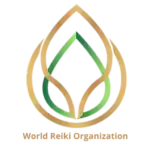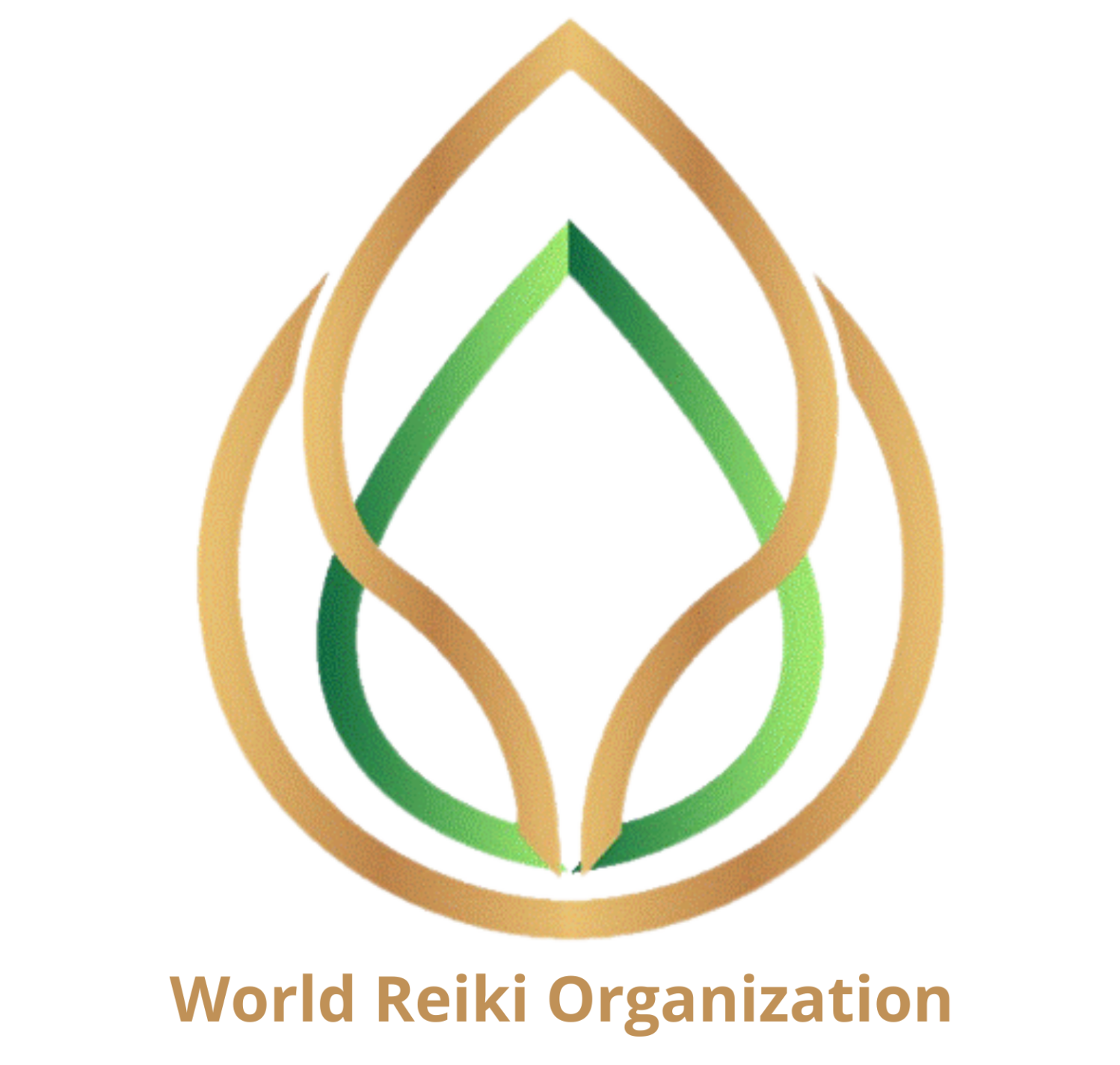We all know the importance of REIKI in the world, but what is the opinion of the World Health Organization (WHO) on REIKI?
UN-1983 – The World Health Organization, an important body of the United Nations, has recommended REIKI Therapy since 1983, but the Brazilian Government and the rest of Latin America never took action, perhaps because of their commitment to health corporations strongly linked to the National Congress.
he UN recommended REIKI for the treatment of pain in June 2007 – The document “WHO Normative Guidelines on Pain Management”, published in Geneva in June 2007, signed by the consultant from WHO Prof. Neeta Kumar, page 33, Appendix 5, the World Health Organization recommends Reiki Therapy for the treatment of pain (as well as acupuncture, music therapy, herbal medicine, prayers).
The WHO, an organ of the United Nations (UN), by the “Alma Ata” Decree created the International Alternative Medicine and established in 1962 the “The Open International University For Complementary Medicines”, which involves several traditional segments of non-conventional medicine. The REIKI practice, although it uses this modern terminology, is an ancient practice and is inserted in the context of alternative therapeutic practices, recognized by the WHO and enshrined in the Far East for hundreds of years.”
The WHO website mentions several unconventional health practices, including REIKI, practices with the same “tenor”, based on the same principle of Vital Energy (Prana, Ki), many of them mentioned by name on the website. The REIKI community, worldwide, is absolutely convinced, from the experiences and results obtained over the last few years of practice with REIKI, that this formal recognition by the WHO is absolutely not significant for its practitioners. Indeed, it is not official recognition, or the lack of it, that determines the effectiveness of the method.
Does REIKI replace other therapies or conventional medicine? Do not.
As REIKI becomes more known worldwide, efforts have been made to define its role in relation to traditional medicine. However, in the past, REIKI was always considered as an alternative treatment, but the place of REIKI in conventional medicine is seen, rather, as a complement and not as an alternative therapy that acts synergistically with

